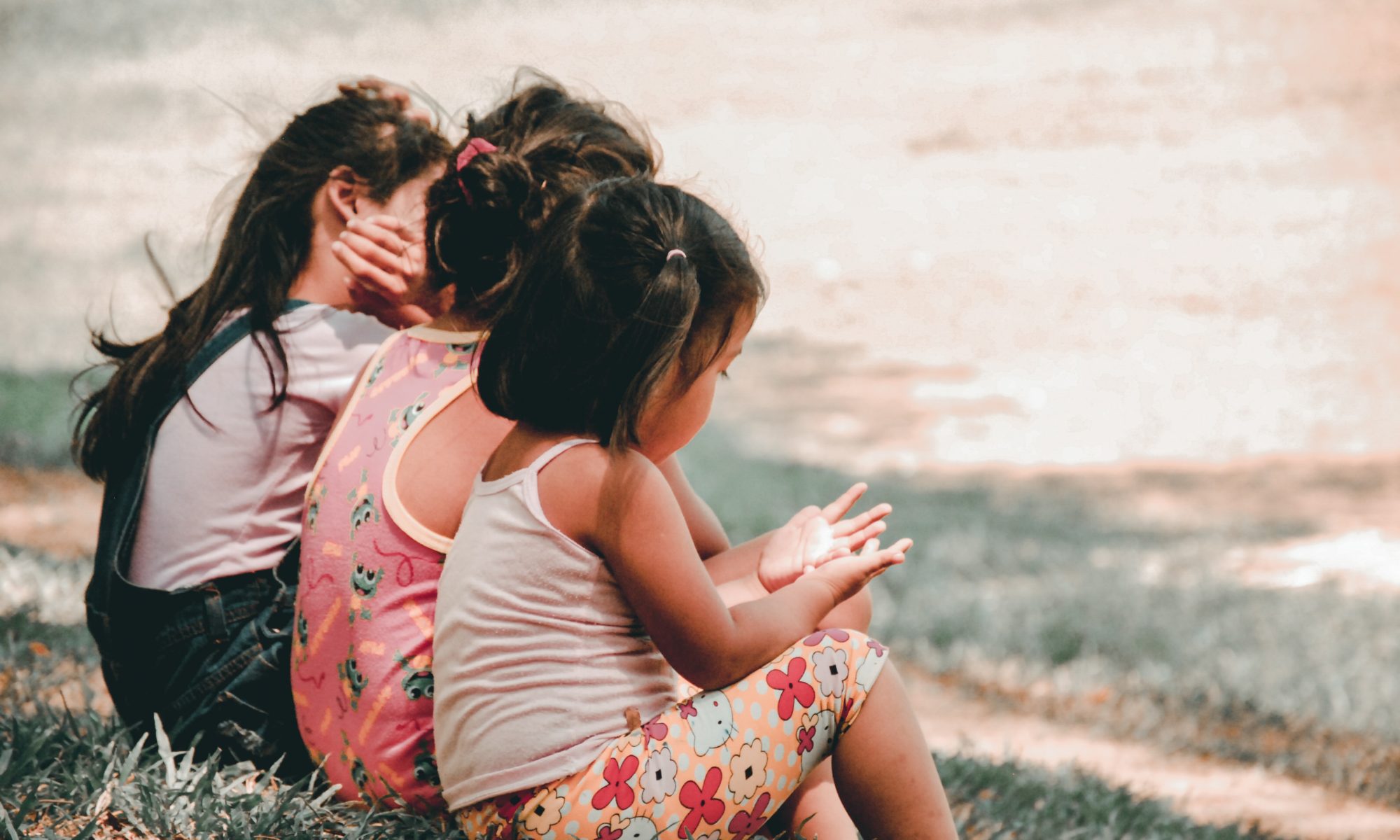Photos are the lifeblood of the world…or at least, that is how they seem. They help us connect to places, people and things. They enable us to capture memories in time that we can enjoy for years to come. Photos allow us to show the world where we’ve been and who we love. And those photos allow us to connect with our kids, especially when we aren’t with them.
Let’s face it, in today’s world, photos have become an important way for us to communicate and they often bring us all together, which is why 2houses felt that they were an important feature to include in their app.
Kids Love Photos
Kids love photos. They love to take them, see them and just share them and the app takes that into account. Kids can do all of these things and share them in a photo album that their parents can access. One of the best things about this is that parents can add to these albums as well so that kids can see what their parents are doing when they aren’t there. For example, if your kids love butterflies and you see one while walking to work, you can snap a photo, send it over and caption it with a note.
Having the option of the photo album can help in creating some stability and predictability in their lives. They can see their world as being as rich as it was when both of you were together and they can capture those photos they love to show both of their parents just how amazing their lives are, even when they can’t be with both of them at once.
Capturing Memories
One things that a lot of parents say when they separate is that they miss out on those important milestones or memories. While the photos can’t put you right there for the memory, it can help with feeling connected to your kids…and with your kids feeling connected with both of their parents.
The reason? The photo albums and journals allow both parents to ad to them, as well as the kids. They can document important memories and share with the other parent so they have a sense of being involved with the memory. And since you are getting photos, the next time you see your kids, you can look at the photos and discuss what happened to help establish that memory as shared for your kids. They will feel like you are invested in them, even when you can’t be together, and this will boost their confidence and help them cope with the divorce much better.
Checking In
Connection with kids is often about being able to check in. You might remember when your kids were younger and how, when playing, they would often look up and over at you or might talk to you. This is part of kids learning how to connect with their parents and is an important part of child development as they grow up.
2houses is aware of how important it is for kids to check in with their parents. It helps build a relationship with both parents and their kids and it creates that stability. They know that you are there even when you can’t be present in that moment.
With the photo albums, kids can check in with the parent they are not with. They can stop and say, “Hey, look at what we did,” and send a photo for the other parent to look at. From there, you can send a quick message to show that you got it and that you are focused on them too.
Letting them know that they can check in and that those check ins will be appreciated will help them feel a connection with their parents. It lets them know that they matter regardless of what is happening between parents or on the day to day…and that connection is one of the best feelings both you and your kids can have.
Allows for Special Messages
As mentioned already, you can send notes to the kids when they share photos so that they know that you are connecting with them. Having the ability to send notes is a great way that the app really highlights the relationship between you and your kids. They can tell you about the day, let you know the photos are in the photo album and even journal about what happened or something funny that made them want to share the photo.
In return, you can respond and talk about the photo, what you liked about it, what it made you think about and you can connect around the story that they tell you about it. This type of interaction, while not face to face, can be done quickly without really cutting into the time your child is spending with their other parent. And this type of interaction builds relationships and connections.
Demonstrates Connection to Your Kids
Finally, the photo albums in the 2houses app is there for parents to share photos as well, and not just with their kids. They can share photos with the other parent, which can be a great way to nurture the co-parenting relationship, which does not have to be negative, and demonstrates to the kids how connections can grow.
By sharing photos of your kids with your ex-partner, you can create a better relationship with them, and help your ex-partner stay connected with things that are happening and vice versa. This demonstrates to the children how to use the photo albums to connect and also lets them know that you are both connecting so that the kids have everything that they need.
In the end, the photo albums may not seem like a big deal when you first spot them on the app, after all, there are plenty of ways to share photos, but having this private little place just for your family will only nurture their feelings of connectedness. And the kids will learn that they are loved, that their parents are focused on them, and that while houses may look different, especially when they are within two, families are still about those shared memories…even if they are only through photos.










